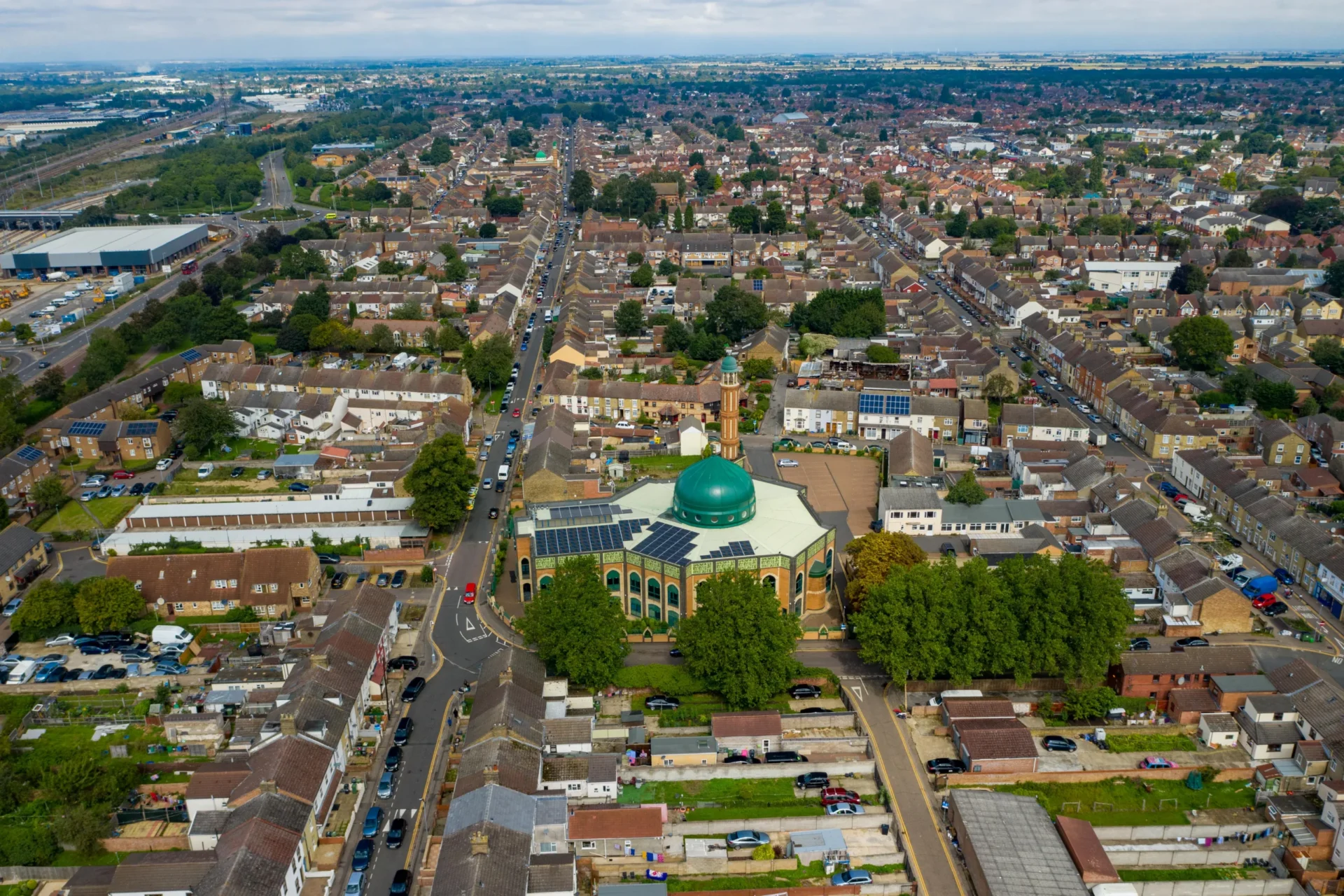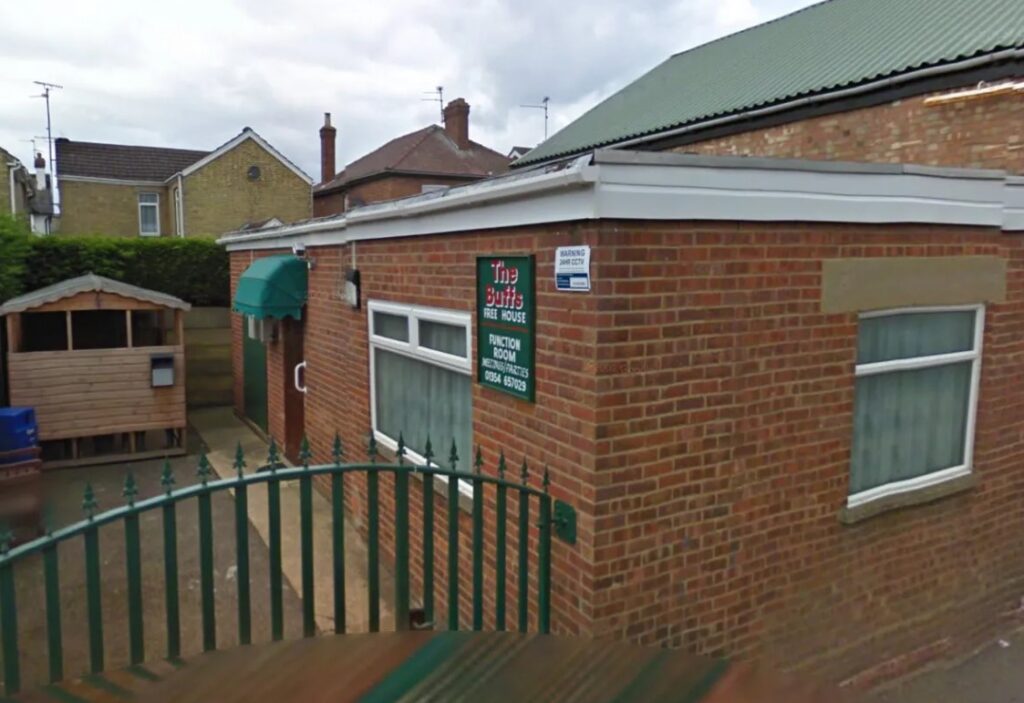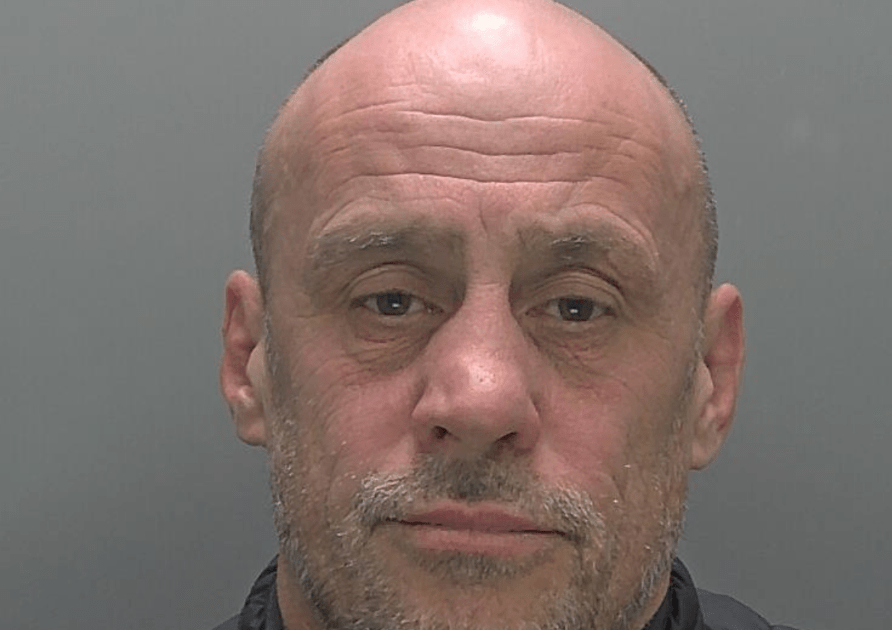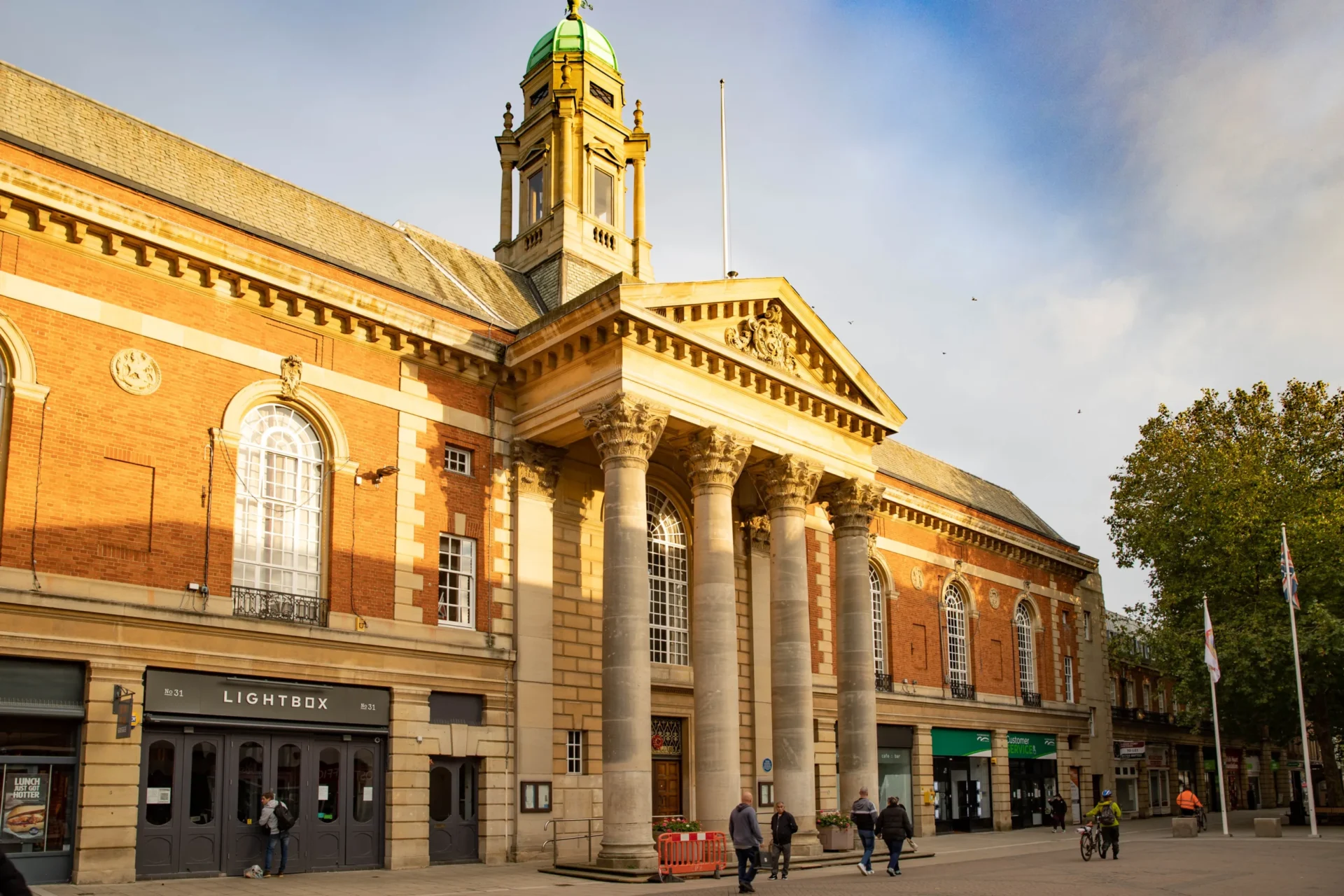Poker faced council officers remained expressionless when explaining a public consultation which suggested Peterborough residents want an even bigger Council Tax rise than is being planned. “On average people wanted to increase Council Tax by 2.42%, on top of the 4.99% already proposed,” the Cabinet was told.
“However, to enact this a referendum would be required.”
And this is unlikely even though an extra £1.1m has been added since July to the forecast budget gap for 2024/25 at Peterborough City Council bringing the new figure to £6.2m.
In sharing the challenge of balancing its books, the council launched a ‘budget simulator’ in September which was completed by 341 residents who “found common ground in wanting to increase Council Tax above levels being discussed”.
The simulator launched on 19 September and closed on 31 October 2023.
In total, 342 people completed it, an 83% increase on the 187 people who completed it last year.
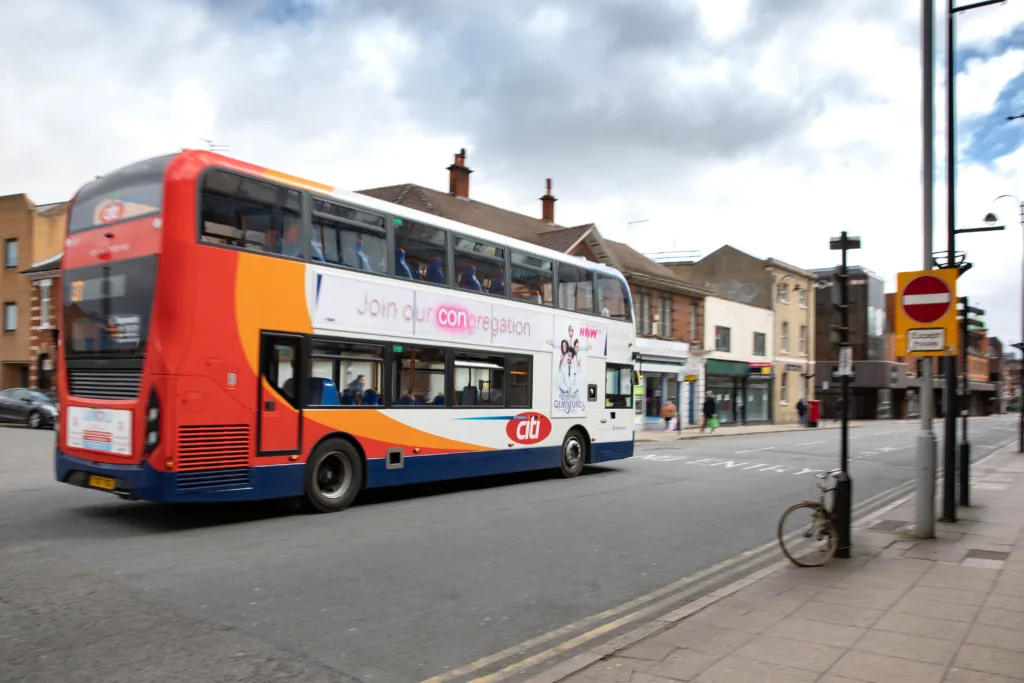
Picture by Terry Harris.
The need to close that gap will feature prominently at the city council in coming weeks ahead of setting Council Tax at its February meeting.
Councillors were told the July figure was based “on the latest funding and inflationary assumptions available at the time.
“However, since then the council has been progressing its budget setting process.
“Although the development of savings, efficiencies and transformation is going in the positive direction, challenges remain”.
A report to Cabinet said rates of inflation have been reducing at a slower rate than expected, coupled with National Living Wage assumptions being higher than expected.
“Additionally demand for services such as children’s social care and housing, particularly temporary accommodation, has increased,” says the report.
“This has meant that the forecast budget gap for 2024/25 has risen to £6.2m.”
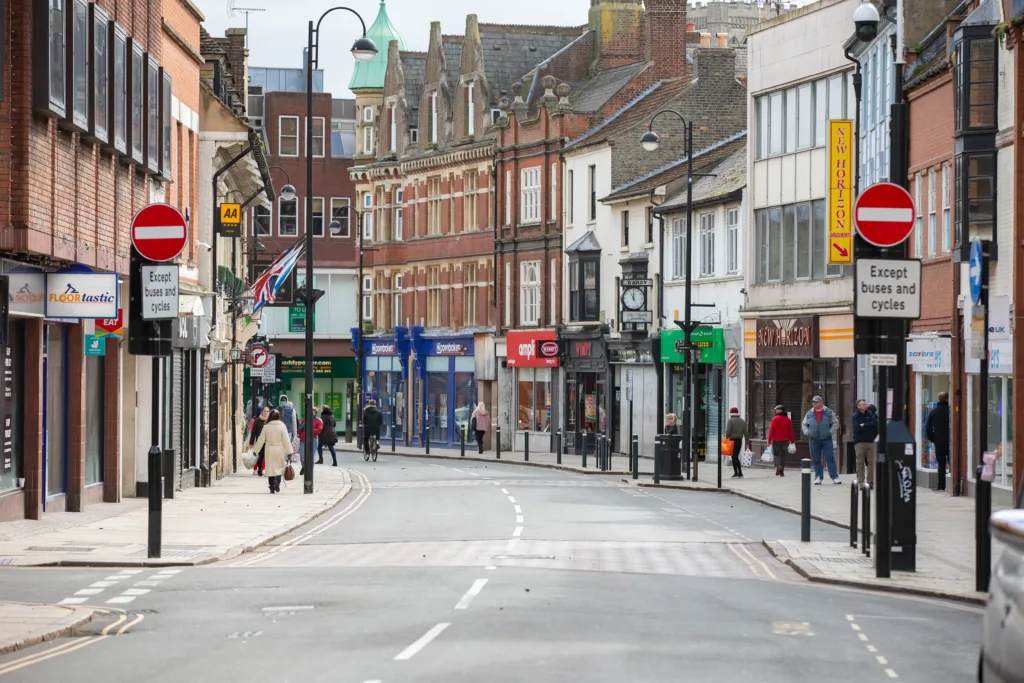
Picture by Terry Harris.
The results from the ‘budget simulator’ show that on average people wanted to broadly protect, with reductions of 2.1% or less, the following service areas:
- Education and children’s social care
- Cleansing, waste, and recycling
- Transport and roads
- Community safety and neighbourhood services
On average, there were large reductions proposed, of 7.5% or more, for:
- Growing the city
- City centre and events
- Community engagement and cohesion
- Customer services
- Back-office services
“Community activities and growing the city do not appear to be as important to the people that completed the survey,” said the report.
“Similarly, customer services and back-office functions are not as important, perhaps as these are not things the residents experience or see the value of in the services they receive as they are not visible.”
The report added: “Interestingly, people wanted to, on average, increase spend on public health but that may have been skewed as there was not an option to reduce it as this funding is ringfenced by Government and cannot be spent on anything else.”
The council’s medium term financial strategy assumes that the maximum amount of Council Tax and adult social care precept is charged. This is included at 4.99% for each of the 3 years (including the 2% adult social care precept).
It includes all known grants and assumes that the current funding situation continues, uplifted by CPI, in the absence of alternate information.
“This is consistent with other councils,” says an officers’ report to Cabinet.
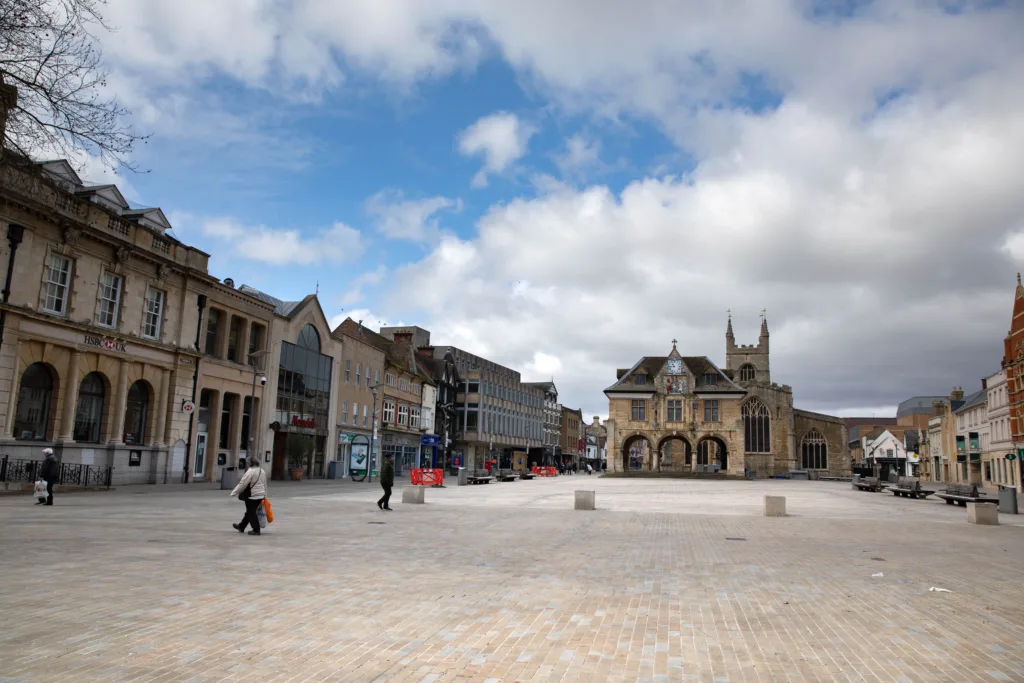
The city council is beginning a second, more detailed, consultation with residents on its budget setting out the range of services provided by the council and how it might look to do things differently in 2024/25.
The consultation runs until 7 January and the council says the feedback “may inform” decisions that councillors make in February on the overall council budget.
The council says in the coming year it plans to continue to spend more than £220m providing public services.
Council leader Cllr Mohammed Farooq said: “Earlier in the year we were predicting much smaller budget gaps in future years but demand for our services has continued to rise.
“And we’ve seen particular spikes in the need for temporary accommodation and in the number and complexity of cases open to children and adult services.
“Peterborough is not alone in these challenges. Many other councils are experiencing similar pressures, with some issuing warnings that they will have to pause all but essential spending.”
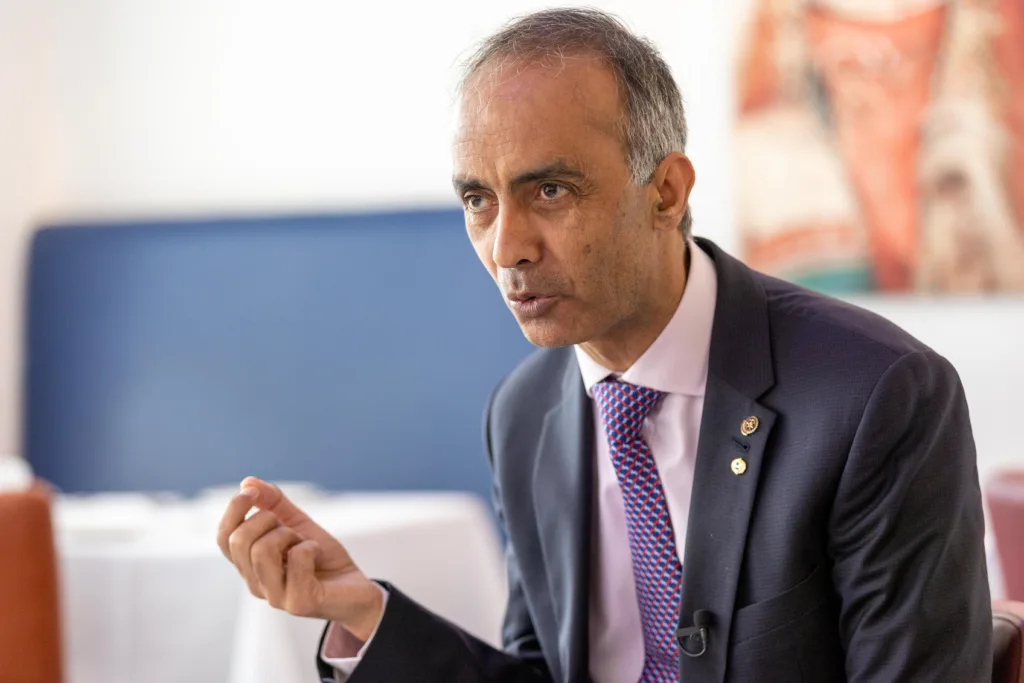
He said: “In Peterborough the situation is different – we will meet the challenge and will continue to invest in the services that you need to create a city of opportunity for all.
“However, in doing so there will be some difficult decisions that we need to make along the way.”
He urged residents to “have a read of our budget consultation document and give us your views so that councillors can take these into account when making the final decisions.”
The budget document sets out areas the council will focus on in the coming financial year, including:
- A continued focus on growth and regeneration, bringing forward development plans for a number of sites across the city, including the station quarter, the former TK Maxx building on Bridge Street, the Wellington Street and Dickens Street car parks, and the area known as Middleholme adjacent to the river close to the city centre.
- Increased efforts to attract new employers into Peterborough, including those who can offer better paid and permanent employment opportunities.
- Supporting people who are struggling the most, including through expanding a network of community hubs.
- Increasing efforts to work with residents who are in housing difficulty at the earliest possible opportunity, to prevent them becoming homeless in the first place.
- A continued focus on the city centre. The council says it will increase its workforce in the city centre “to make sure that the issues that matter to people, such as anti-social behaviour, street drinking, littering, and graffiti are tackled”.
- Refocussing the adult skills service, delivered by City College Peterborough, so that it helps people with few or no formal qualifications or work experience to gain employment.
- Continuing to develop a new Local Plan.
- Supporting the city to become net zero “which will help to reduce fuel poverty, improve physical and mental health, improve air quality, stimulate our economy, and provide jobs for the local area”.
- Supporting people to remain independent for as long as possible, through technology enabled care and reablement services.
- Developing a Shared Lives scheme to support adults with learning disabilities, mental health problems or other needs which make it harder for them to live on their own.
- Investing in children’s services to meet rising demand.
- Developing a social work academy to support the recruitment and retention of social workers.
- Supporting families through the family hubs model which has attracted significant Government funding.
- Developing three new hubs to meet the needs of children with autism and social, emotional, mental health (SEMH) needs.
Cllr John Howard, deputy leader and Cabinet member for corporate governance and finance said: “This latest consultation goes into more detail about what we will be focussing on next year to both meet the aims set out in our corporate strategy and to balance our budget.
“It is not all about making savings, we will be investing heavily in services for children and families and older people and vulnerable adults.
“There will be a focus on our city centre, education including support for children and young people with special educational needs, and our plans to achieve net zero.
“However, with the budget gap that remains there will be difficult decisions and that is why it is important that you tell us what you think and take part in our budget consultation. So please, take the time to get involved.”
People can have their say on the budget consultation by:
Completing an online form at www.peterborough.gov.uk/budget
Requesting a paper copy of the form by emailing communications@peterborough.gov.uk or calling 01733 747474.


